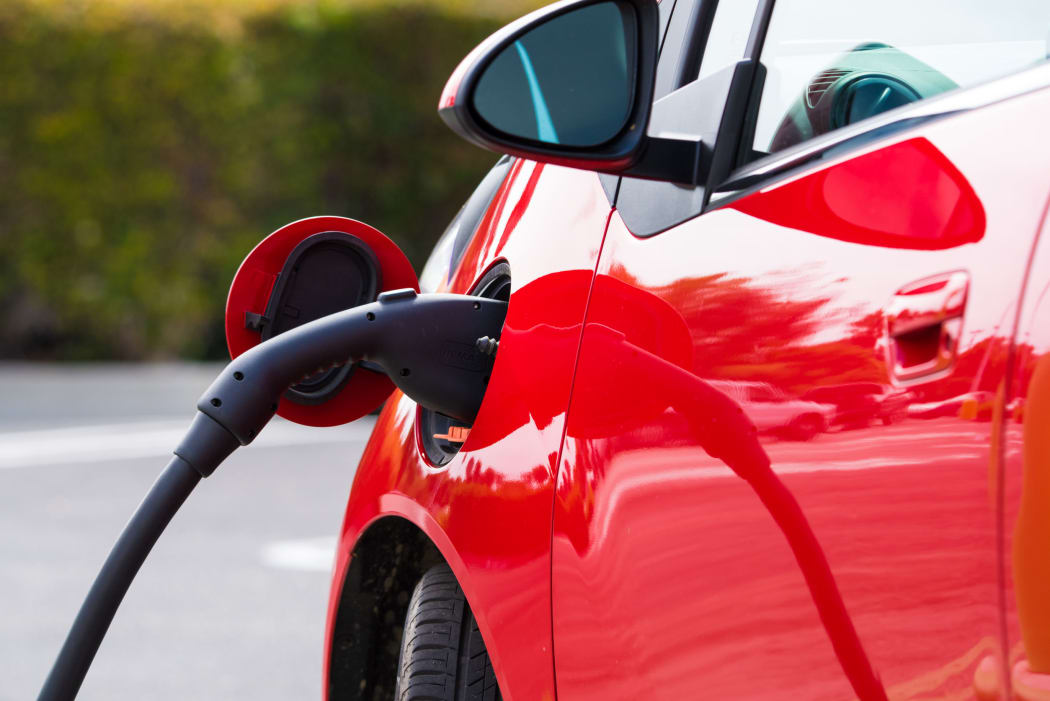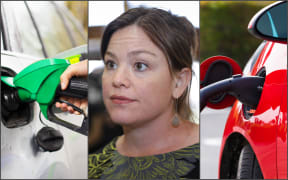Local firefighters are describing electric vehicle battery fires as the fires that just don't go out, with risk of reignition several days after it's put out.

Photo: 123RF
Firefighters are learning it takes nearly 10 times more water to put out an electric vehicle battery fire compared with a petrol or diesel car.
Fire and Emergency is gearing up for the influx of electric vehicles, or EVs, expected to reach our shores in the coming years when the Clean Car Subsidy takes effect from 2021.
"Once a fire in an electric vehicle has been put out, there can be a risk of reignition for up to five days," said FENZ's national manager of response capability, Paul Turner.
While electric vehicles are generally safer than petrol or diesel cars, when the lithium-ion batteries which power the vehicles are damaged, they can short-circuit, triggering a chain reaction called thermal runaway burning at 1000 degrees Celsius.
Mr Turner said they were working rolling out training to cover tactics when responding to electric vehicle fires and accidents.
"A recent visit by two of our senior operational personnel to the USA to discuss experiences and receive further training with Tesla and the Fremont Fire Department will inform this training," he said.
The training programme is expected to be finalised early next year.
The Ministry of Transport said the international standards relating to electric vehicle safety were comprehensive.
"To ensure the safety of electric vehicles entering the national fleet, New Zealand requires compliance with internationally recognised safety standards," said the ministry's manager urban development and environment, Glen-Marie Burns.
"As such, only vehicles from certain jurisdictions and ones that meet their local jurisdictions' safety standards are permitted for import
"In terms of responding to possible EV fires, Fire and Emergency NZ have an agreed tactical response procedure for accidents involving EVs - including how battery fires are handled following an accident."
There have been a handful of crash-related fatal fires involving electric cars around the world, leading to safety investigations in China, Canada and the United States.
Despite concerns, Tesla's founder Elon Musk tweeted the "reality is a Tesla, like most electric cars, is over 500% *less* likely to catch fire than combustion engine cars, which carry massive amounts of highly flammable fuel. Why is this never mentioned?"






